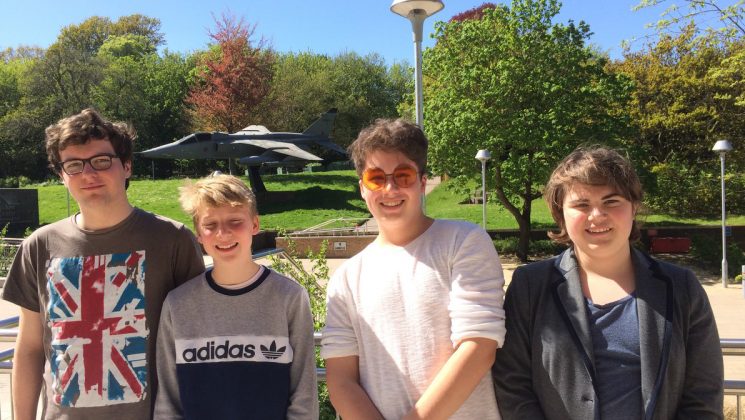It’s no surprise that, during the COVID-19 pandemic, youth workers have leapt into action to make sure that their vital work is still accessible to the young people they support.
UNISON member Tony Rawlings is one of them. As a youth worker in Slough, he leads a team of five who focus on street work and young people likely to be involved in gangs.
As he describes it: “We tend to work with young people who others struggle to work with. We try to find out what’s going on with young people in the area and where the issues are – before the police get there.
“We’ll work with young people to work on the issue before it gets to criminalising them.”
During COVID-19, his team have worked relentlessly. When lockdown came in, they continued to go out and work on the streets.
“We’ve been out day and night with no rest at all. It’s been emotionally draining for me and the team, but the team have been amazing.
Tony himself caught the virus early on in lockdown and says that the team did really well just carrying on.
Challenges as opportunities
The challenges presented by the pandemic have turned into opportunities for trust-building for the team and the young people they work with.
“Some of the young people we work with are really difficult to work with,” says Tony. “We’ve been supporting lots of families by dropping off food packages. Providing the food and being there when nobody else is has built a huge relationship with young people’s families.
“When everyone else has deserted them, we were there knocking on the door.”
Now that lockdown is easing, the team is able to engage in face-to-face interaction.
“It’s good to be out working with young people again, doing lots of games and things as well. Like socially-distanced basketball!
“Our whole ethos is just to play a game of badminton, football or cricket with young people and then, while they’re doing that, have conversations about what they’re struggling with at the moment. Lots of young people have really struggled in the pandemic – especially those with learning difficulties.”
Pleasant surprises
Chair of UNISON’s youth and community work committee Robin Konieczny has been pleasantly surprised by the changes that lockdown has brought about for the young people he works with in Norfolk.
“In my area, we run a youth parliament (see picture above). This is a space where young people can voice the issues they’re facing, like mental health services or a lack of things to do.
“Usually they meet physically, but since meetings have moved online, we’ve seen more young people being more vocal. It seems like it’s easier for them to engage talking to a screen than in a room with other people.”
The young people he works with have been actively engaged in pandemic projects.
“One of our groups of young people has decided to start writing to people in care homes. It started off with them sending a card and getting a reply. Now they’ve written to over 600 residents in care homes.
“Young people also helped us design the social distancing and stay safe campaigns.”
However, it hasn’t been without challenge. “We have a service that supports young people at risk of requiring a statutory service, like the care, mental health or criminal justice system. Those young people get referred to our service and allocated a key worker who finds out a bit about them and matches them up with an activity.
“The challenge has been a lot of the positive activities are not operating. So they’ve been maintaining the contact with the young people, but not able to match them with something.”
Making the best of the circumstances
For Robin, adapting to the pandemic just feels like another part of the job. “As youth workers, we try to make best of the circumstances and the situation we’re in.
“If I’ve got young people there who can’t engage in a physical activity because of disabilities, then I’ve got to adapt then and there. It’s a mindset, and the pandemic has just been another example of ‘how can we do things differently’?”
Youth workers are resilient and hard-working, and the pandemic has evidenced this. Yet the government seems disinterested in rewarding them.
Or as Robin put it: “We’re facing a government that basically has no interest in young people.”
UNISON national officer Abby Kimantas says that members in youth services “have been working hard throughout the pandemic to support communities facing difficult times. The sector has seen huge cuts caused by austerity – budgets have been slashed and youth workers are trying to do more, with less.
“Supporting young people to build a positive future is a vital role, with far reaching effects on society, but one that Tory-led governments care little about. Now more than ever youth services deserve proper funding.”
In spite of all the public applause for key workers in recent months, Tony feels disappointed by the government’s inaction on pay.
“It’s not fair. The government has been saying that public sector workers are really important, they’re the backbone of society. But then when it comes to pay, we’re not really worth it.”





